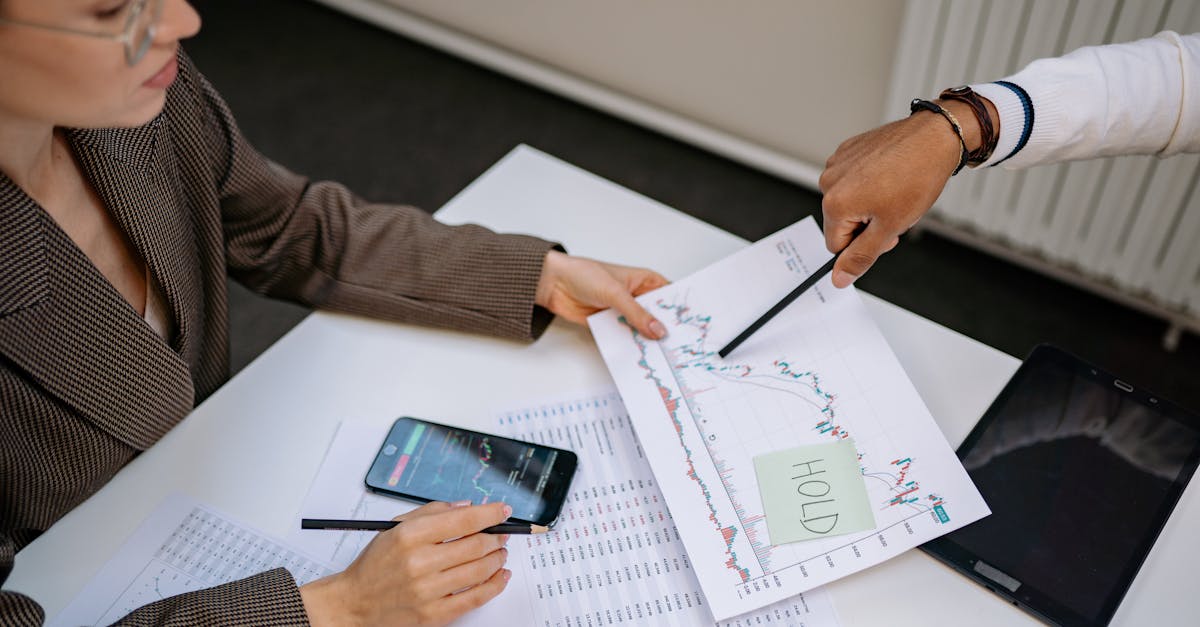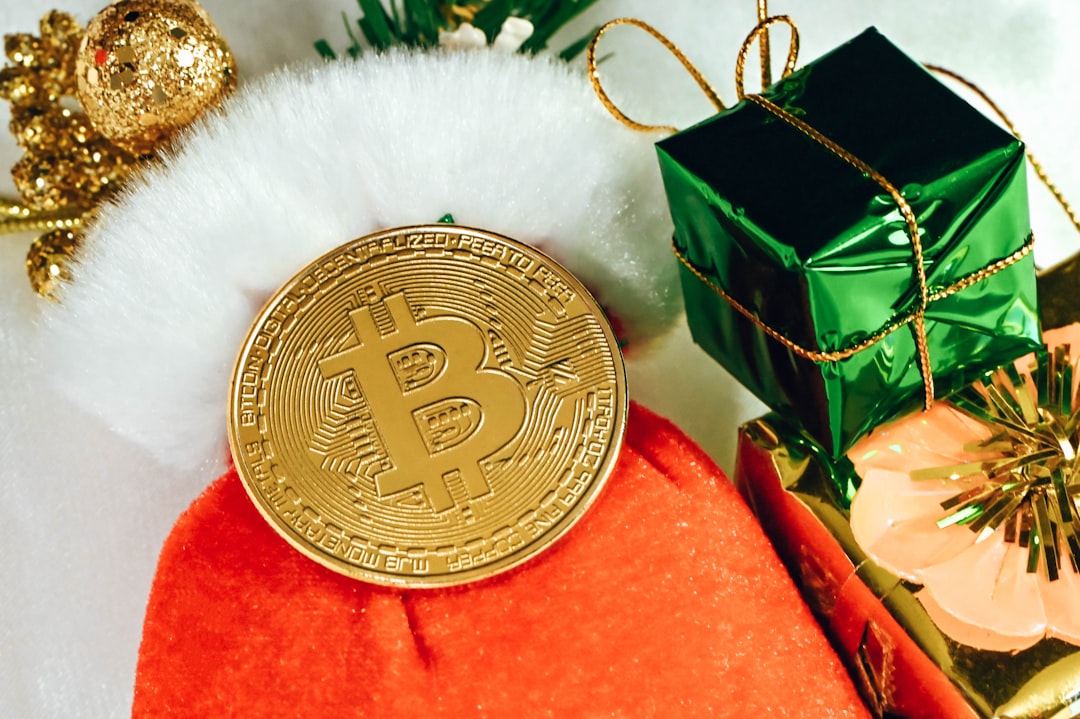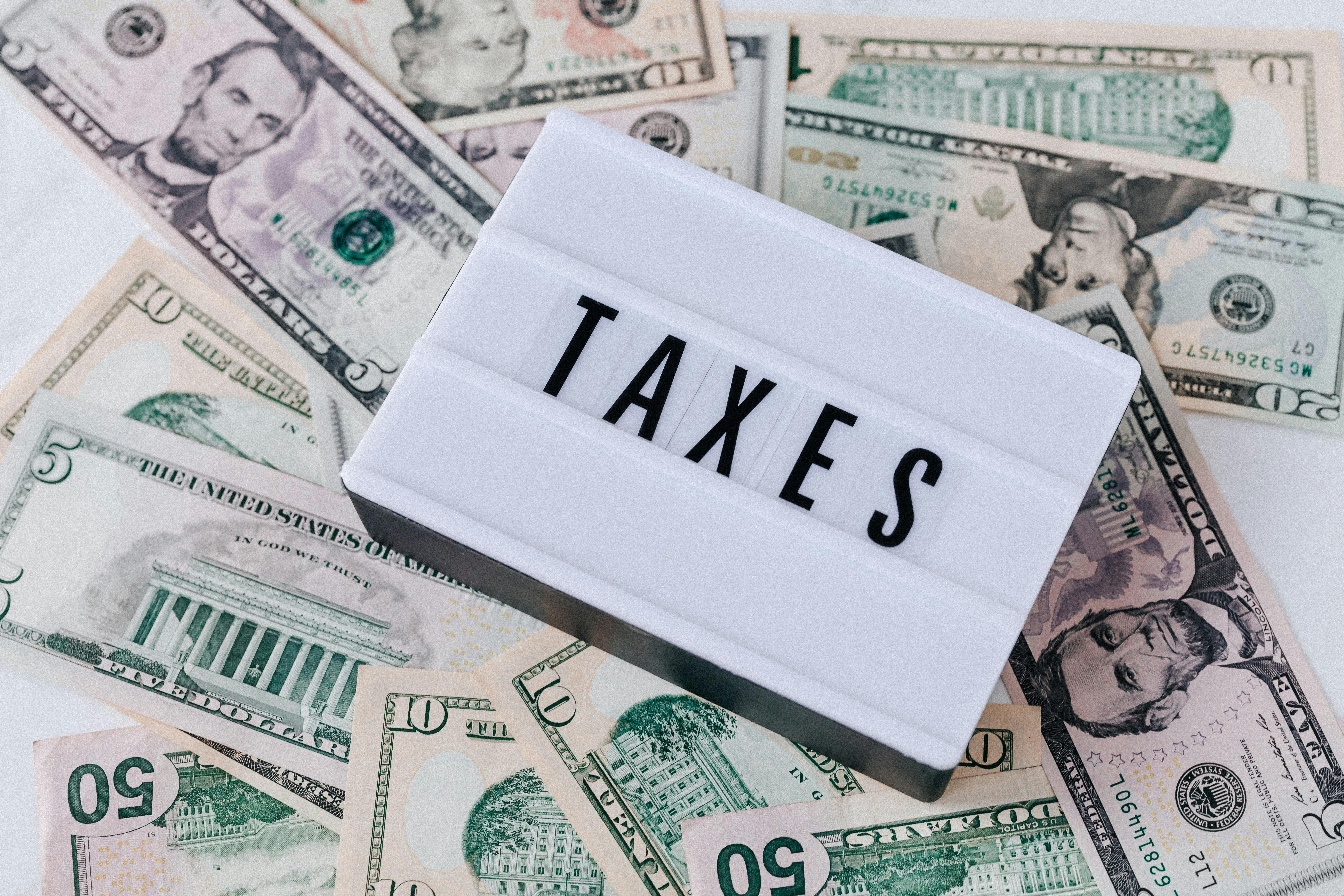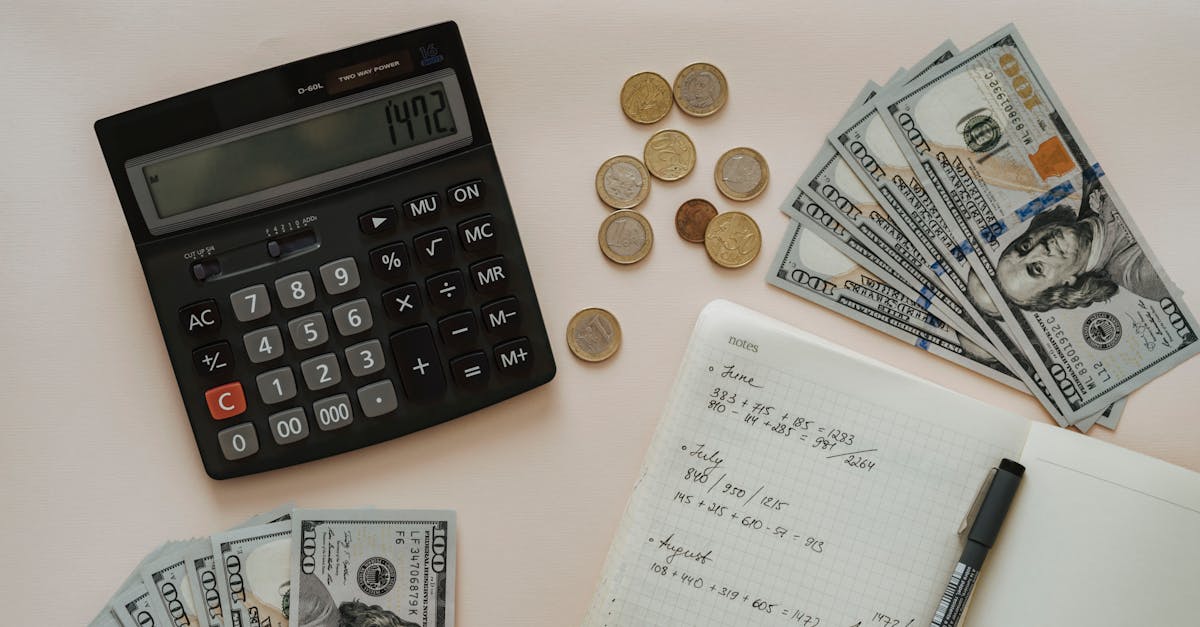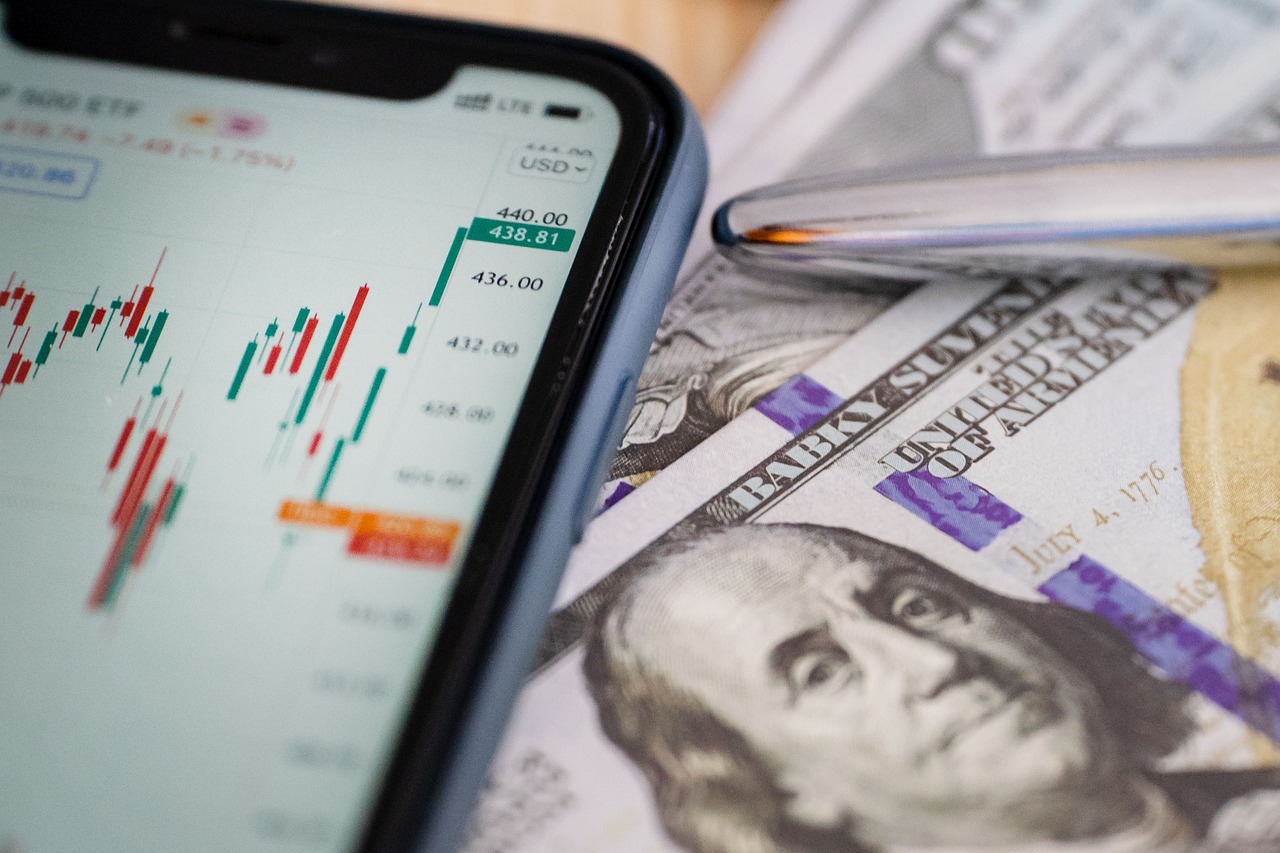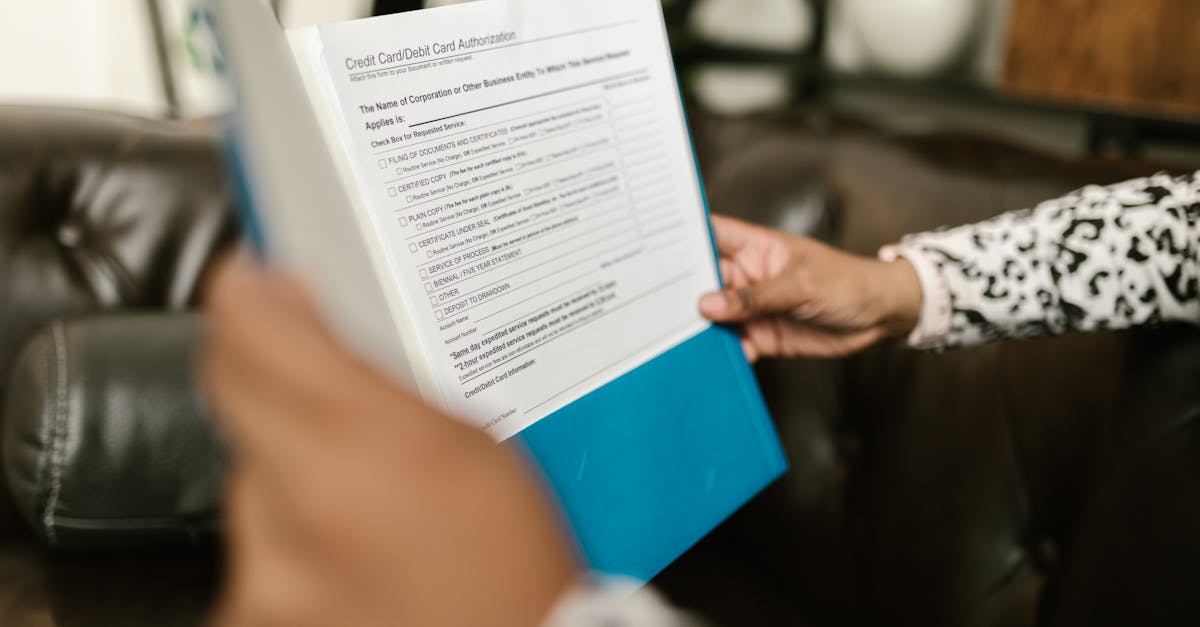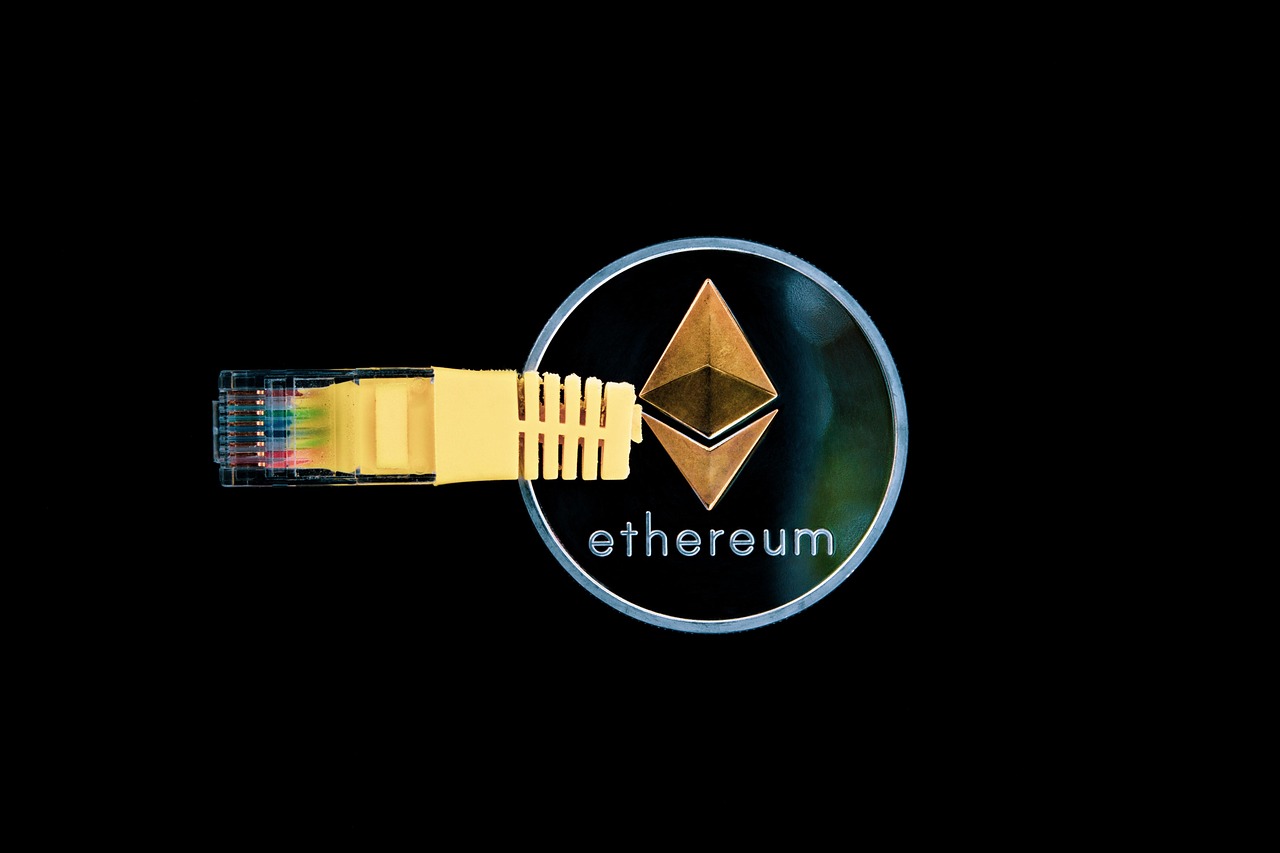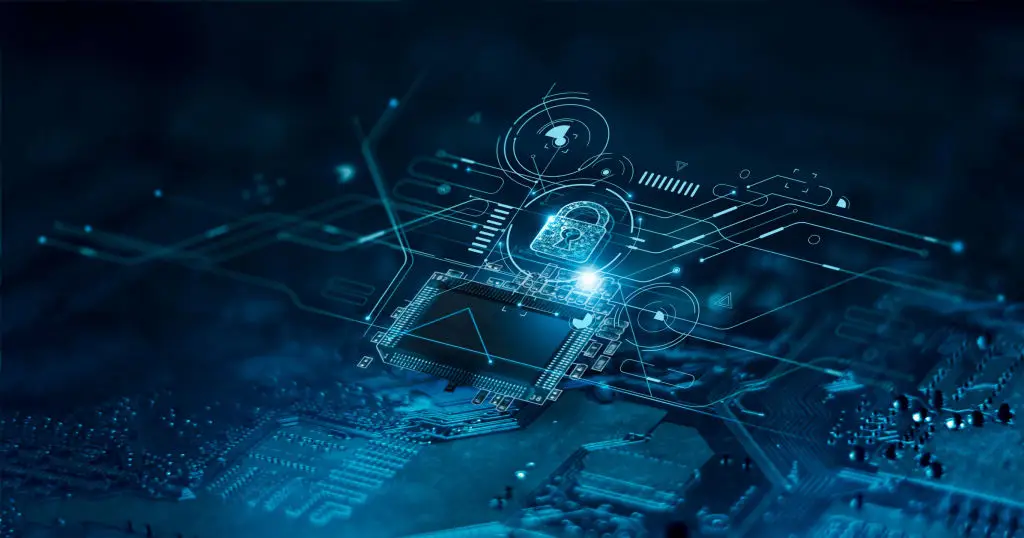Beyond NFTs: 11 Practical Blockchain Applications Shaping Our Future
Think the word “blockchain” just means crypto coins or overpriced digital art? You’re not alone, but that’s only half the story. While headlines love to chase NFTs and Bitcoin, the everyday impact of blockchain goes way deeper—and it’s easier to understand than you might think. That fancy digital ledger powering crypto is already behind the scenes in places like your grocery store, power company, or even your doctor’s office. Companies from Walmart to Microsoft and startups you’ve never heard of are building real services using blockchain’s transparency and security to tackle everyday headaches: food recalls, medical record mix-ups, identity theft, and even voting controversies. Sure, plenty of blockchain projects are all talk—hype is part of this world. But a growing number are swapping noise for results, making things safer, faster, or just plain fairer. In this post, we’re looking past NFTs to spotlight 11 real, practical uses for blockchain you could bump into soon (maybe without realizing it). We’ll break down exactly how it works, why it matters, and what hurdles still exist—all in regular, straightforward language. Whether you’re a tech skeptic or just want to know where your money or data is headed next, let’s jump in. The blockchain revolution isn’t coming tomorrow; it’s already here, quietly reshaping how things get done.
1. Supply Chain Transparency
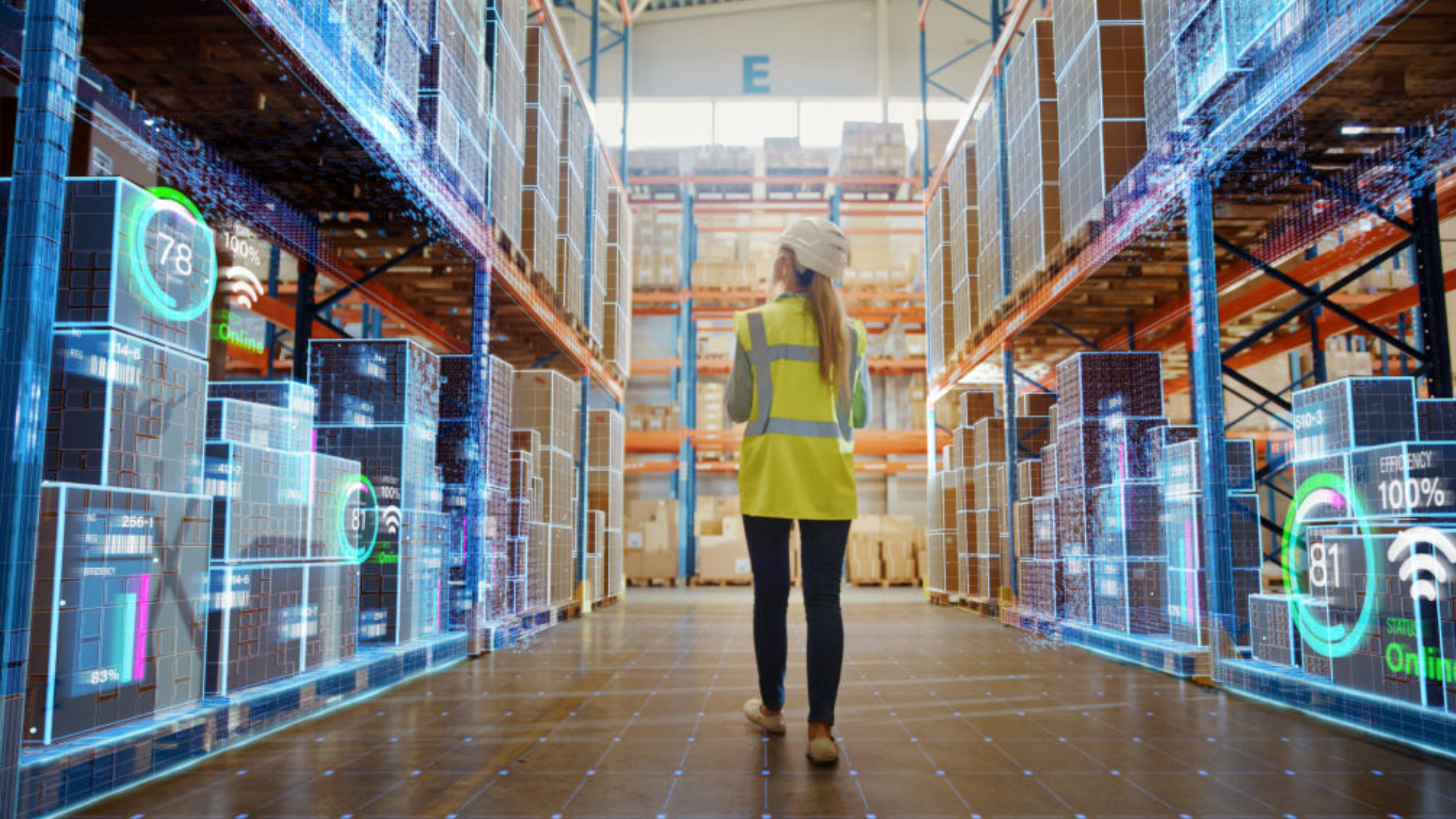
Ever wonder how that apple gets from the orchard to your lunchbox? With blockchain, every step of a product’s journey can be logged, tracked, and double-checked—no guessing or hoping things didn’t go wrong along the way. Walmart’s teamed up with IBM Food Trust to put this idea to work: they use blockchain to follow food from farm to shelf, slashing the time needed to respond to contaminated products from days to seconds. And shoppers actually benefit—if there’s a recall, stores can pull only the bad batches, not every apple in town. The stats back it up: In a recent study, 80% of food companies using blockchain said they could recall products way quicker and more accurately. Sure, rolling these systems out across every industry isn’t easy—different companies use different tech, and getting everyone to play nice is a headache. But for big chains and safety-focused shoppers, blockchain is quietly turning food safety from a black box into a crystal-clear window.
2. Digital Identity Management
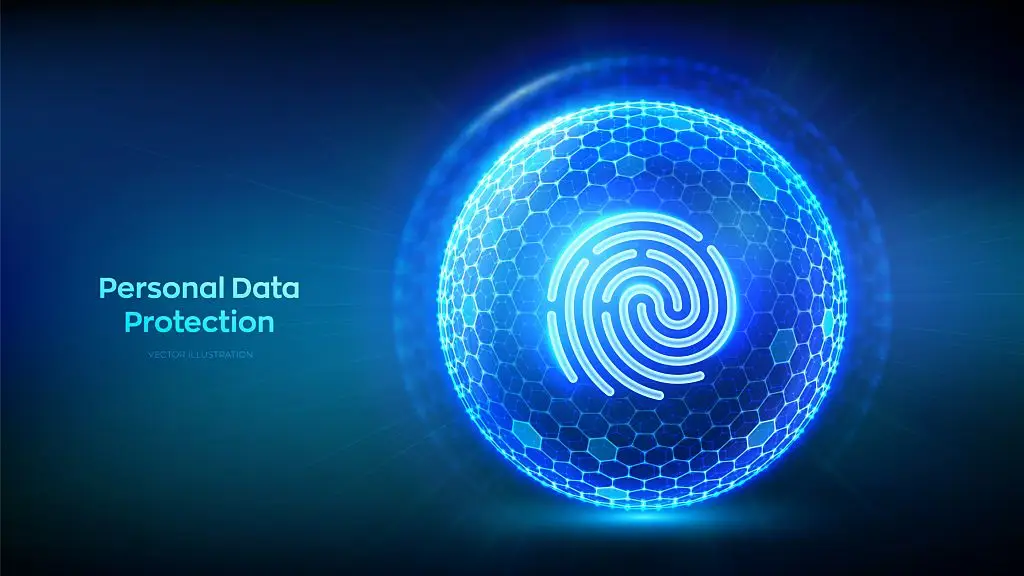
Losing your wallet or worrying someone’s stolen your identity? Blockchain is being used by groups like Sovrin Foundation and Microsoft’s ION project to create digital IDs you control—no need for a giant database run by a bank or the DMV. Imagine unlocking everything from your driver’s license to online banking with a single, secure sign-on, only sharing the info you want. A few US states are testing these blockchain-powered IDs, hoping to cut fraud and make identity theft a lot tougher. The tech’s not perfect and there’s still a ways to go—convincing big institutions to update old processes is never fun. But if you like the idea of choosing who sees your details, blockchain identity just might be your future. You stay in charge, and hackers have a much harder time ruining your day.
3. Healthcare Data Sharing

Keeping track of doctor’s visits and prescriptions can feel like a paperwork nightmare. Blockchain’s helping hospitals and clinics share patient info without the usual security worries or mountain of forms. MIT’s MedRec project lets you, your doctor, and any authorized hospital all see the same up-to-date records—backed by cryptography instead of endless fax machines. In pilot projects, medical errors linked to admin mix-ups dropped by 40% or more. That’s real lives impacted. The challenge? Most US hospitals run on old, clunky software, so plugging in a cutting-edge blockchain system isn’t always click-and-go. Still, if you hate filling out the same health forms over and over, these secure, shared record systems could be your new best friend.
4. Voting Systems
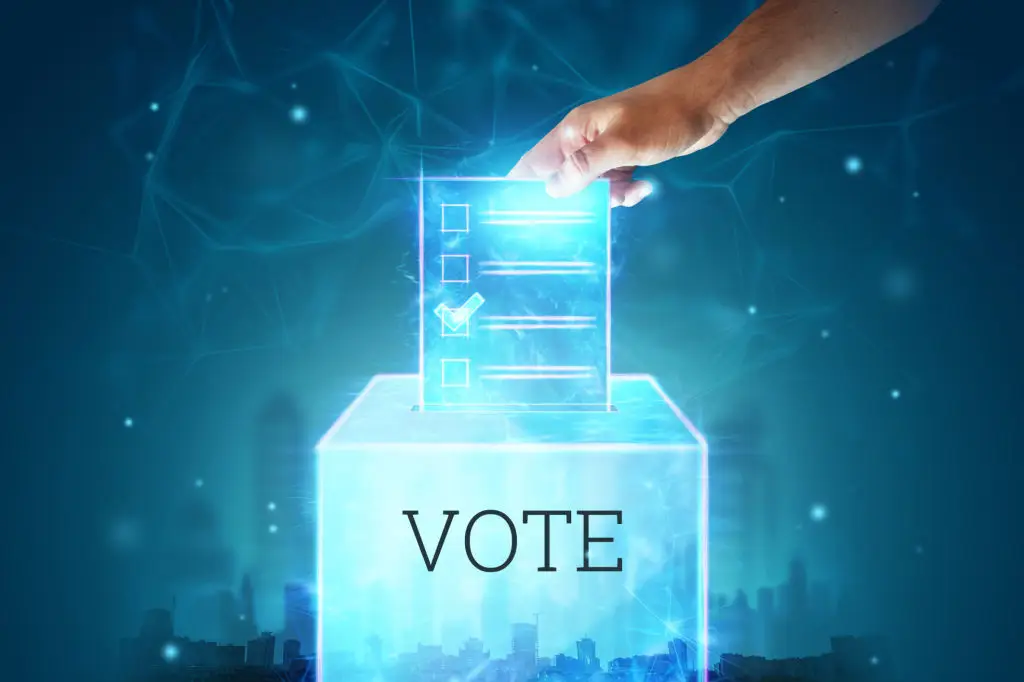
After every big election, someone’s nervous about ballot tampering or slow results. What if counting votes was fast, secure, and had a built-in cheat detector? That’s what blockchain voting hopes to pull off. In the US, pilot projects like Voatz have let some citizens vote safely from a phone or computer, with each ballot logged permanently—no chance to sneak in a fake vote. Audit trails mean you—or an election observer—can double-check results right down to individual ballots. But there are some real debates here: Is it accessible for everyone? Could hackers still mess things up at scale? For now, it’s a testbed and not a nationwide fix, but it’s a glimpse at voting that’s fast and nearly impossible to fudge. The biggest hiccup is convincing folks it’s both secure and fair for every voter.
5. Decentralized Finance (DeFi)
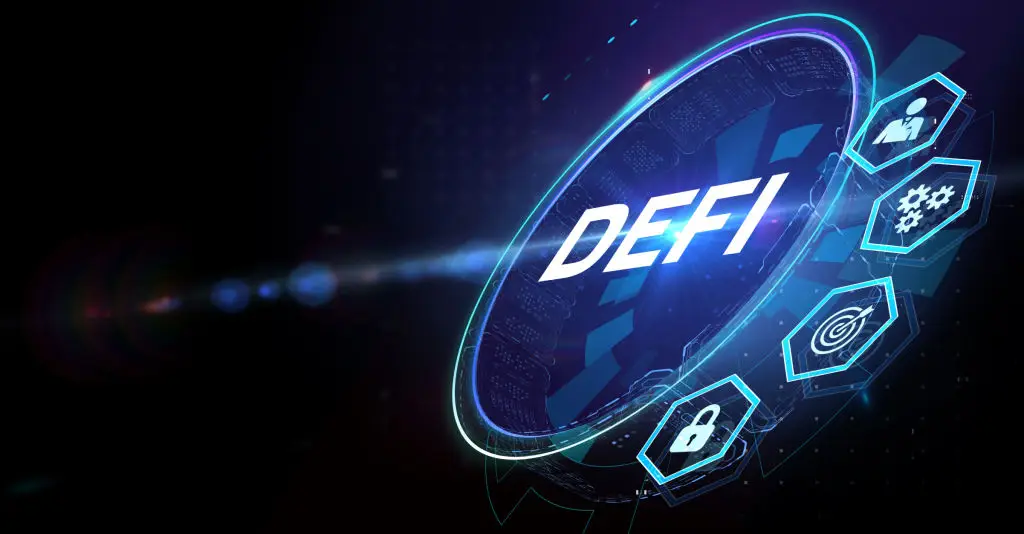
You don’t need to choose between big banks or stuffing money under your mattress anymore. Decentralized finance, or DeFi, uses blockchain to let anyone lend, borrow, save, or swap coins—no bank in the middle. Platforms like Uniswap and Aave are already moving serious money: over $90 billion worth was locked up on DeFi platforms by May 2024. It works kind of like an online money market, but with code and transparency instead of bank tellers. It’s fast and often has lower fees, but it’s not risk-free; hackers, scams, and market swings keep things spicy. For everyday folks, DeFi could mean money moves any hour, no paperwork, and sometimes better rates. Just don’t forget: there’s nobody to call if things go sideways, so caution matters.
6. Intellectual Property and Copyright
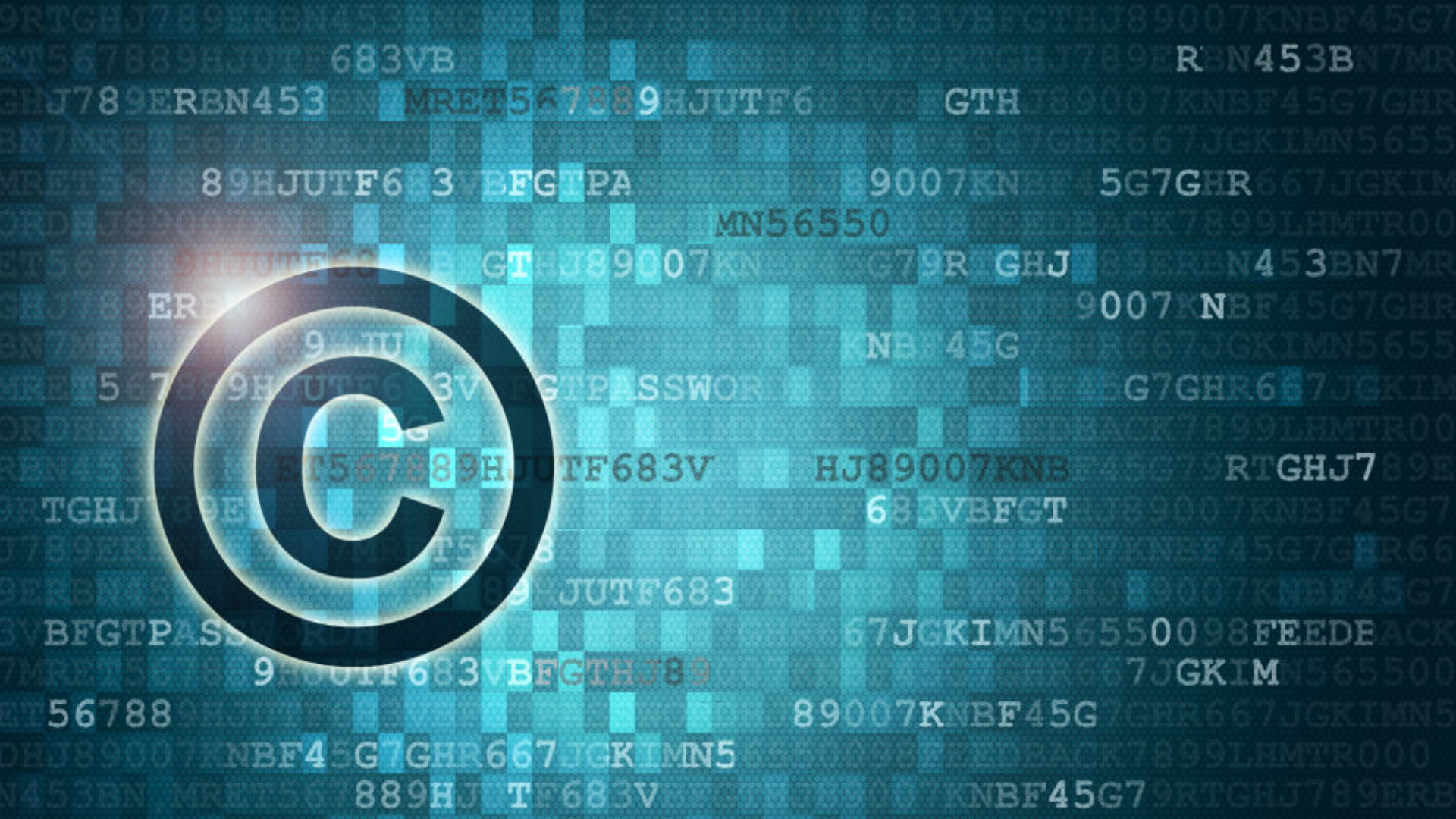
If you’re an artist, writer, musician, or coder, proving you created something used to mean paperwork and trust—now blockchain platforms like Ascribe and Po.et let you stamp your digital work with a permanent, time-stamped record. That’s huge for fighting copycats and settling IP disputes: reported infringement dropped by 27% among groups using these tools. Ownership is clear, and buyers (or fans) know what’s legit right away. Not every court or company is on board yet—there’s still a lag between tech and lawyers. But if you ever worry that “someone stole my song” or “that’s my artwork!” a blockchain trail could save you a world of trouble (and maybe some cash).
7. Energy Grid Management
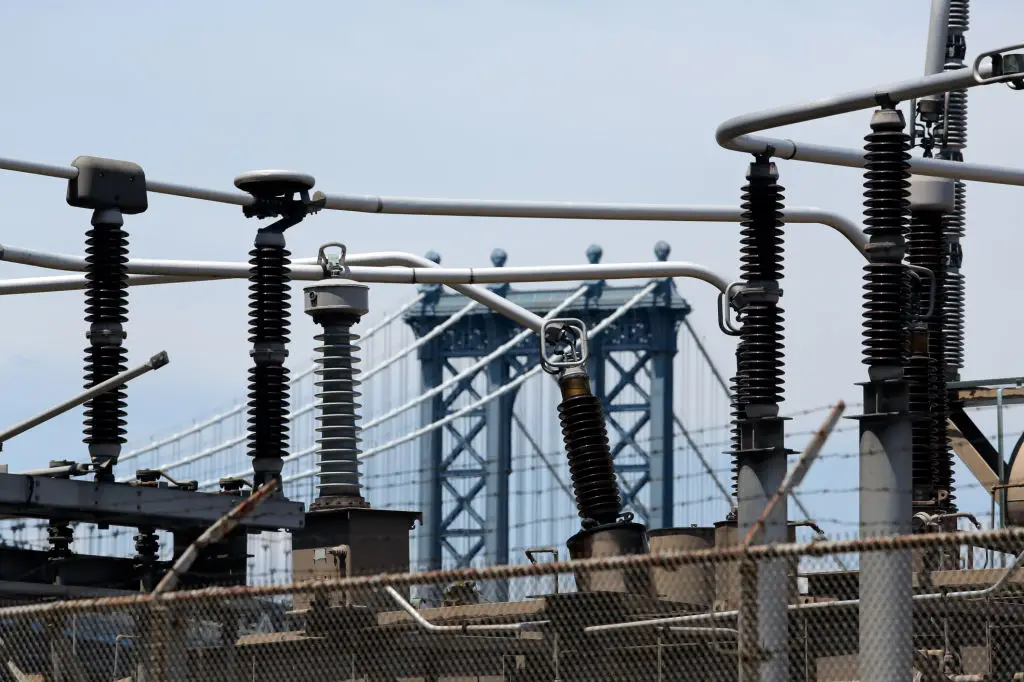
Imagine selling your rooftop solar power straight to your neighbor—no middleman utility marking up the price. That’s what peer-to-peer energy markets like Brooklyn Microgrid, powered by LO3 Energy, do using blockchain. Every watt gets logged; you can see who made it, who bought it, and prove it came from a real renewable source. Test neighborhoods using these systems saw billing accuracy and monthly savings go up, plus more homegrown green energy. It all sounds futuristic, but there are real hurdles: old infrastructure, utility companies not eager to change, and questions about scaling up. Still, if you want cheaper, cleaner power and more control, these experiments point the way.
8. Real Estate Transactions
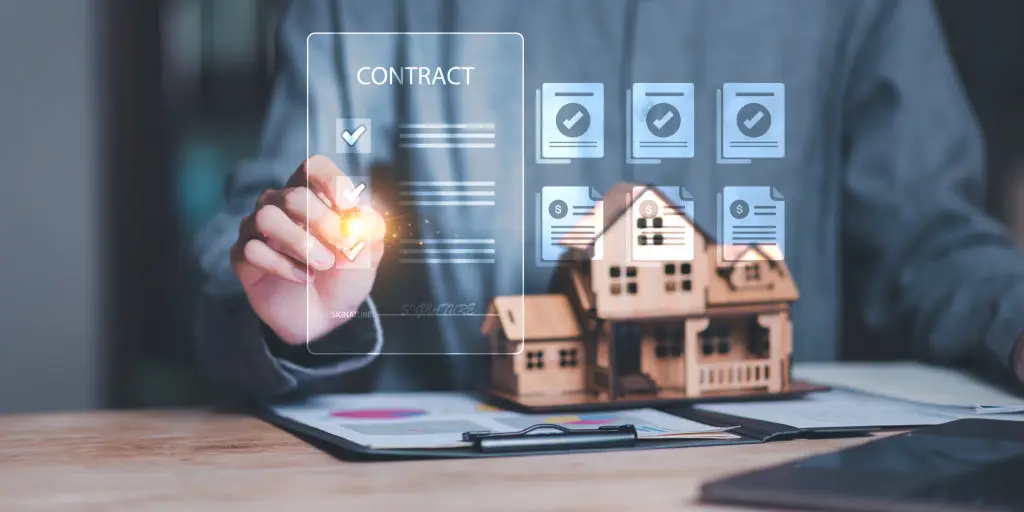
Buying or selling a home usually means a ton of forms, waiting for approvals, and surprise fees. With blockchain-powered real estate systems—like those used by Propy in parts of the US and Ukraine—deals get cut, signed, and checked on-chain, meaning everyone can see what’s happening. Smart contracts automatically do the paperwork and release funds, cutting closing times by as much as 40%. Fewer middlemen, faster deals, and less “sign here, initial here” make a world of difference. Of course, some states and banks still insist on old-school signatures and paper trails. But as digital deeds and smart contracts take hold, shopping for a home could finally start to feel like the internet age.
9. Food Safety and Traceability

If you’ve ever scanned a QR code at Starbucks to see where your coffee beans came from, you’ve used blockchain-powered traceability. In a world of recalls—from lettuce to beef—being able to track food from farm to plate matters more than ever. Blockchain creates one permanent, shareable record of each product’s journey; so if there’s a sickness outbreak, investigators can isolate bad batches without shutting down whole industries. The upside is clear: better safety, more transparency for everyone. The challenge? Someone still needs to make sure the info logged at the farm is actually true—a high-tech system is only as honest as the humans using it. But overall, it’s a big leap for knowing what you’re really eating.
10. Insurance Claims Processing

Insurance is legendary for taking forever and making you fill out endless forms, just to get a claim paid. Blockchain is helping companies like Lemonade and Etherisc automate the process. Imagine filing a claim, having it checked instantly against all the needed documentation, and (if it’s all legit) getting a payout in a fraction of the usual weeks. Pilots show claims handling time shrinking by up to 60%. That means less waiting, arguments, or red tape if you need help after a disaster. The hard part? Switching over old insurance company tech, and handling the legal rules in every state. But for people on the waiting end, faster payouts and fewer headaches are a win.
11. Cross-Border Payments and Remittances

Sending money to family overseas has always meant paying big fees and waiting days for transfers to clear—unless you use a blockchain-powered service like RippleNet or Stellar. These networks move money directly, skipping multiple banks along the way, slashing fees by up to 40% and clearing transactions in seconds instead of days. That’s a big win for freelancers, gig workers, and anyone helping relatives back home. Banks and regulators are trying to catch up, but for people who count on fast, affordable payments, these systems offer real savings and less stress. If you’ve wired money and watched it disappear for a week, blockchain has a better way in the works.
Let’s be real: blockchain isn’t magic, and plenty of projects go nowhere. But as these 11 applications show, it’s already changing parts of daily life you might not notice—speeding up insurance claims, protecting your digital art, or letting you know if your lettuce is safe. That matters whether you’re deep into tech or just care about getting paid, buying food, or voting safely. The best use cases cut out middlemen, lower costs, and make things more transparent for everyone, not just crypto insiders. Sure, the road isn’t always smooth—old infrastructure, new risks, and the usual legal headaches keep things interesting. If you don’t see blockchain directly, you might still feel its effects—like fewer data breaches or quicker home sales. So whether you’re scanning your coffee, checking your insurance, or sending cash to family abroad, the future of blockchain is a lot less about hype and a lot more about everyday wins. Keep an eye out; the next place blockchain pops up could be right where you least expect it.
